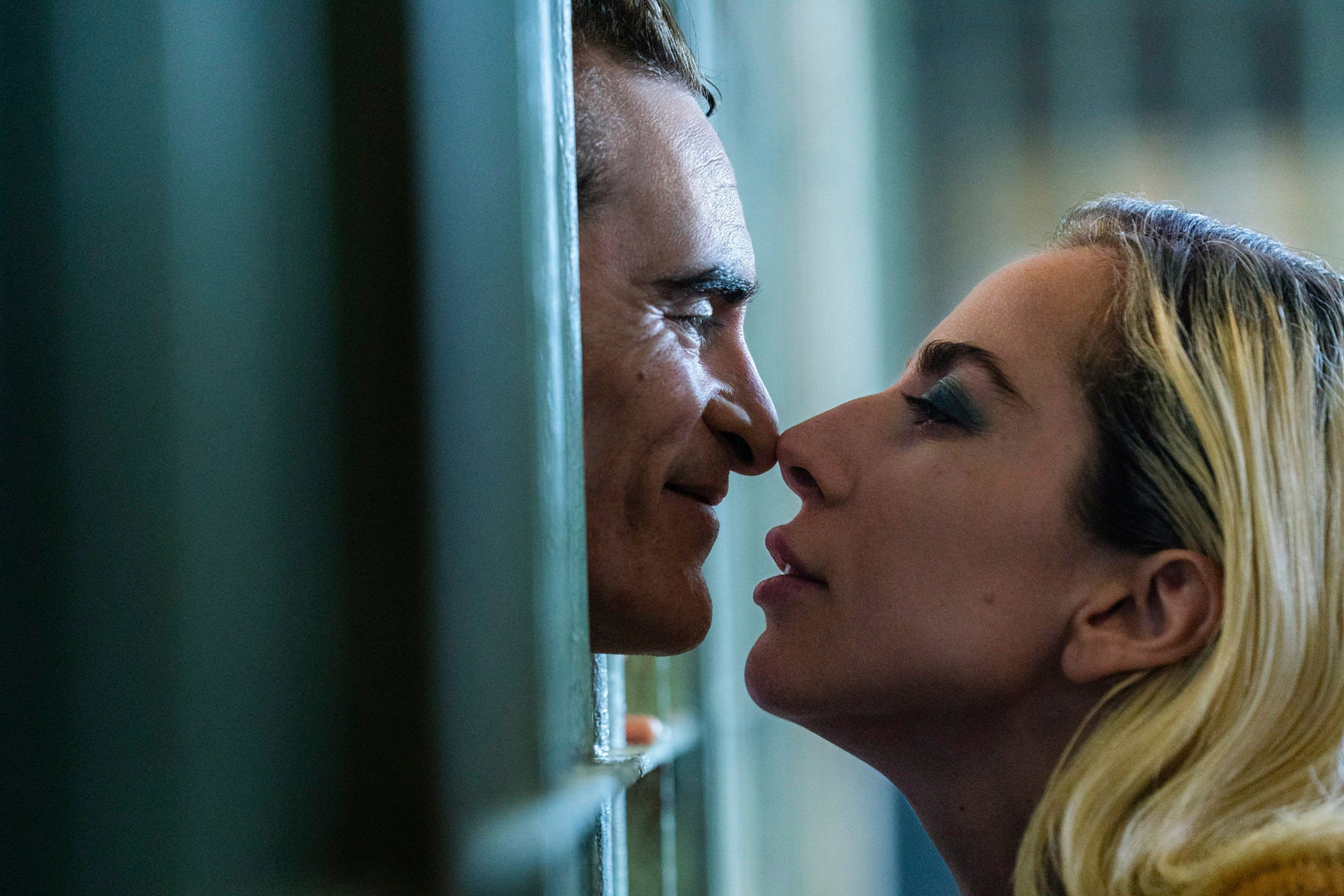
Your support helps us to tell the story
Our mission is to deliver unbiased, fact-based reporting that holds power to account and exposes the truth.
Whether $5 or $50, every contribution counts.
Support us to deliver journalism without an agenda.

Louise Thomas
Editor
Joaquin Phoenix has weighed in on the controversial ending of Joker: Folie à Deux.
The film, a sequel to the hit 2019 supervillain drama Joker, has underperformed at the box office since its release last week, and has been criticised heavily by fans and reviewers.
Folie à Deux follows the aftermath of the original film, with Arthur Fleck (aka Joker), played by Phoenix, standing trial for his murder spree. The publicity storm surrounding his crimes brings him into the orbit of Lee Quinzel (Lady Gaga), a reimagining of the popular Batman character Harley Quinn.
Spoilers follow for the ending of Joker: Folie à Deux... you have been warned!
At the end of the film, Fleck casts aside his Joker identity, and returns to prison. In the final scene, Fleck is told he has a visitor. As he follows the guard down the corridor, another inmate (played by Connor Storrie) approaches him and asks to tell him a joke. He then stabs him repeatedly in the stomach with a shiv.
This inmate is seen carving a smile into his own face in a manner reminiscent of the Joker, while Fleck bleeds to death on the floor.
The scene has proved extremely divisive with viewers – but Phoenix and Joker director Todd Phillips have both defended the ending in a new interview.

“There’s a warmth in that scene, which is nice,” Phoenix told IGN.
“That’s all that I was thinking about that I was after, is here’s this young man who’s telling me a joke, and he’s nervous to tell me the joke, I can tell that he’s nervous, and I’m going to hear him out. And it’s a pretty good setup.”
Phillips, meanwhile, said: “I think Arthur has found peace with the idea, with the struggle that it’s okay to be yourself. And that’s really what he’s always struggled with, you know what I mean?
“I like to think he died at peace in a way being himself. The kid says to him, ‘You want to hear a joke?’ And even though he thinks maybe it’s (Lee) downstairs. We don’t even know what’s downstairs, but that sort of optimism that Arthur has, that’s still in him.

“He's like, 'Well, yeah, okay, of course', because he knows that feeling of wanting to make somebody laugh. So he gives the kid that moment, right?”

Watch Apple TV+ free for 7 days
New subscribers only. £8.99/mo. after free trial. Plan auto-renews until cancelled

Watch Apple TV+ free for 7 days
New subscribers only. £8.99/mo. after free trial. Plan auto-renews until cancelled
While many fans have decried the ending for its sense of nihilism and anticlimax, Phillips argued that the final scene was in fact optimistic.
“Obviously it goes bad because, again, everything goes bad for Arthur, but I always think that's such a beautiful moment where it's like Arthur still has hope,” he continued. “I think Joaquin is so beautiful in that scene. It's such a small nothing. I mean, beyond the death thing.
“That moment where he's looking at the kid and he's kind of giving the kid a polite laugh in the setup. He's showing appreciation for the comedy and appreciation for putting yourself out there. You know what I mean? Something nobody ever did for him in the first movie in some ways.”
Joker 2is out in cinemas now.







